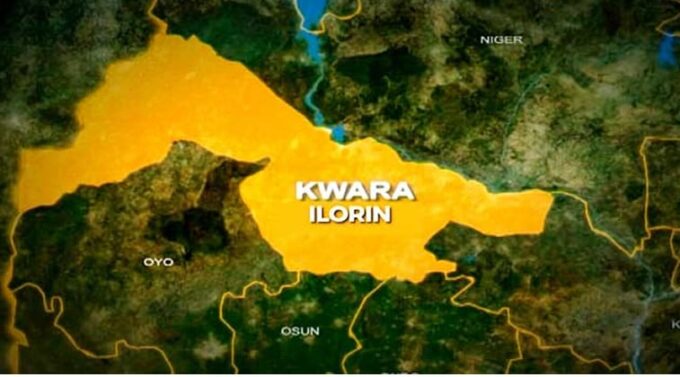By Chinwendu Obienyi
In a remarkable boost to Nigeria’s foreign exchange (FX) liquidity, total inflows into the Nigerian Foreign Exchange Market (NFEM) surged by 62 per cent month-on-month (m/m) to $5.96 billion in May, compared to $3.67 billion in April, according to fresh data released by FMDQ Exchange.
The rise in inflows was primarily fueled by a substantial jump in local sources, which accounted for over 83 per cent of the total volume, reflecting a growing reliance on market-driven supply channels and renewed momentum from key domestic players.
Specifically, local FX inflows soared to a six-year high, climbing 64.2 per cent month-on-month (m/m) to $4.96 billion in May from $3.02 billion the previous month. This improvement was underpinned by increased contributions from exporters and importers, non-bank corporates, and individuals.
According to the data, inflows from exporters and importers alone rose sharply to $3.11 billion, a nearly fivefold jump from $655.7 million in April while non-bank corporates also saw a moderate increase, recording $1.11 billion compared to $1.00 billion in the previous month.
Also, individual inflows grew significantly as well, reaching $91.4 million, up from $15.1 million in April.
Interestingly, the Central Bank of Nigeria (CBN) scaled back its own FX injections, contributing $649.8 million, down from $1.35 billion the previous month. This shift suggests a broader strategy of encouraging private sector-led FX supply.
On the foreign front, total inflows rose by 51.7 per cent m/m to $997.6 million, the highest since February. The uptick was largely driven by increased participation from foreign portfolio investors (FPIs), amid signs of stabilizing macroeconomic conditions and ongoing FX market reforms.
FPI inflows jumped 61.3 per cent to $880.8 million, from $546.1 million in April, other corporates also increased their activity, with inflows rising to $83.9 million, up from $76.3 million. However, foreign direct investment (FDI) slipped 6.3 per cent to $32.9 million, reflecting lingering investor caution toward long-term commitments.
Looking ahead, analysts anticipate continued improvement in FX inflows, buoyed by rising market confidence, improved export receipts, and government reforms aimed at liberalizing the FX market.
They added that despite the rebound, Nigeria’s FX market remains sensitive to external shocks, including global commodity price swings and interest rate decisions in advanced economies.
“In the near term, we anticipate that foreign exchange inflows will continue to improve, supported by growing market confidence. However, the lingering global trade uncertainties remain a downside risk to robust inflows from the foreign counterparts, potentially constraining growth in overall FX liquidity”, Cordros Research said in an emailed note.

















Leave a comment